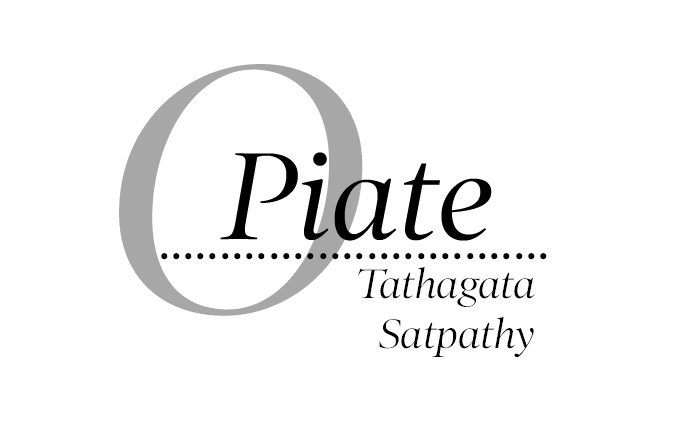Celebrating the 75th year of Independence and naming it Azadi Ka Amrit Mahotsav and later the ‘Har Ghar Tiranga’ campaign has been treated as a historic moment in the present times. We shall refrain from mentioning here the costs involved, that the taxpayer has to bear, for these fun and frolic of the few ‘chosen’ people. In a turbulent India where the economy is fast degrading and disparities between the rich and the poor vastly growing, this kind of a slogan in Hindi may seem lame to many sane Indians unfazed by political rhetoric. Patriotism or worse, nationalistic fervor seems to stop at manmade political borders guarded by weapon wielding soldiers. However, patriotism should be the love among people who live and die as countrymen within those unnaturally drawn border lines. True love and brotherhood are manifest primarily through tolerance and inclusiveness. A nation’s spirit is known by the social cohesiveness and economic parity that hold it together. It is not the army nor the tax collector and not even the rulers who create the identity of a country. People alone are the sole representatives of a country.
When we talk of people, we assume all human beings as being equal in a free country. However, this is not seen in the Indian society even today. Take for example the incident that took place in Jalore district of Rajasthan on July 20. Nine year old Indra Meghwal, a Dalit student of a Saraswati Vidyamandir school in Surana village was allegedly beaten up mercilessly by his upper caste teacher Chail Singh for merely touching a pot containing drinking water. The young boy’s only crime was that he was thirsty and wanted to drink some water. The beating by the teacher was so severe that the child was initially hospitalized locally but was later moved to a larger hospital in Ahmedabad where he succumbed Saturday, 13 August. The teacher, Chail Singh, should not be considered as an individual with a mental aberration. Singh represents the general and widespread bitter casteist mindset that plagues most of India. That mindset also gave him the courage to get extremely infuriated and cruel enough to kill the child. This is also not an isolated case that demands strong police action. Every Indian is aware that such incidents along with torture, humiliation and bad behavior towards lower caste citizens, especially women and children, is commonplace and seems to be totally acceptable currently, so much so that most of them go unreported.
Flying the tricolor flag has been made into a great issue lately. The political overtones of such clarion calls to demonstrate publicly one’s nationalism may be welcome if only it helps in creating a cohesive and equal society. Independence from the foreign rulers was but only a physical act. Whether a government acknowledges the contributions of a certain prominent freedom fighter after the goal had been attained is barely of any consequence.
What matters is NOW. The India of today may or may not acknowledge verifiable facts of history. It is easier for Indians to do so since most of our history has been verbal, thanks to the upper caste Hindoos who believed in keeping their knowledge strictly confidential and not document it for fear of losing the upper hand. In spite of this, history is not only what was. History is being created every moment now. When we gloss over the death of Indra Meghwal thinking he was a poor unfortunate downtrodden boy totally unrelated to our existence, we must not forget these events are stark reminders that this country is far from being independent.

